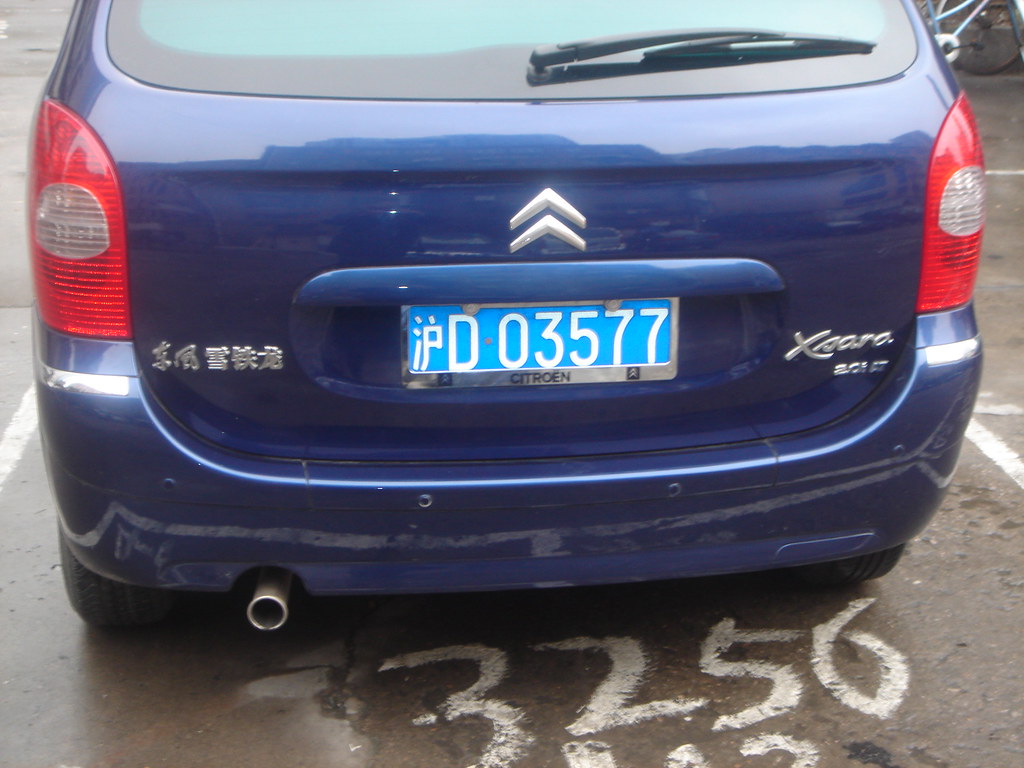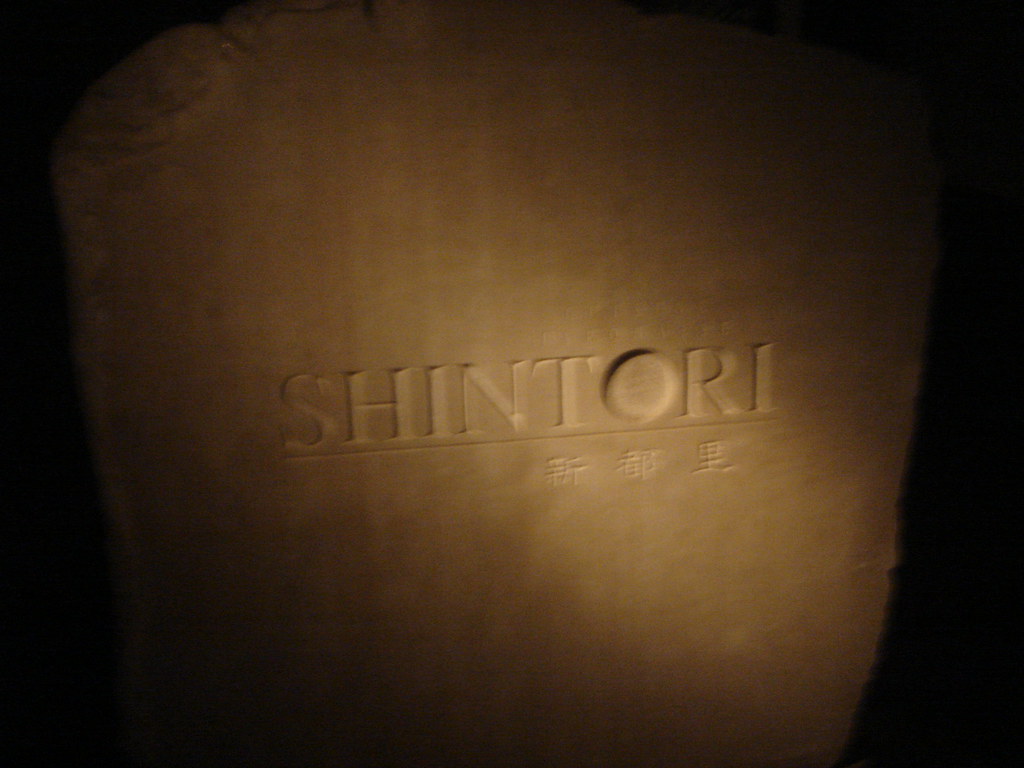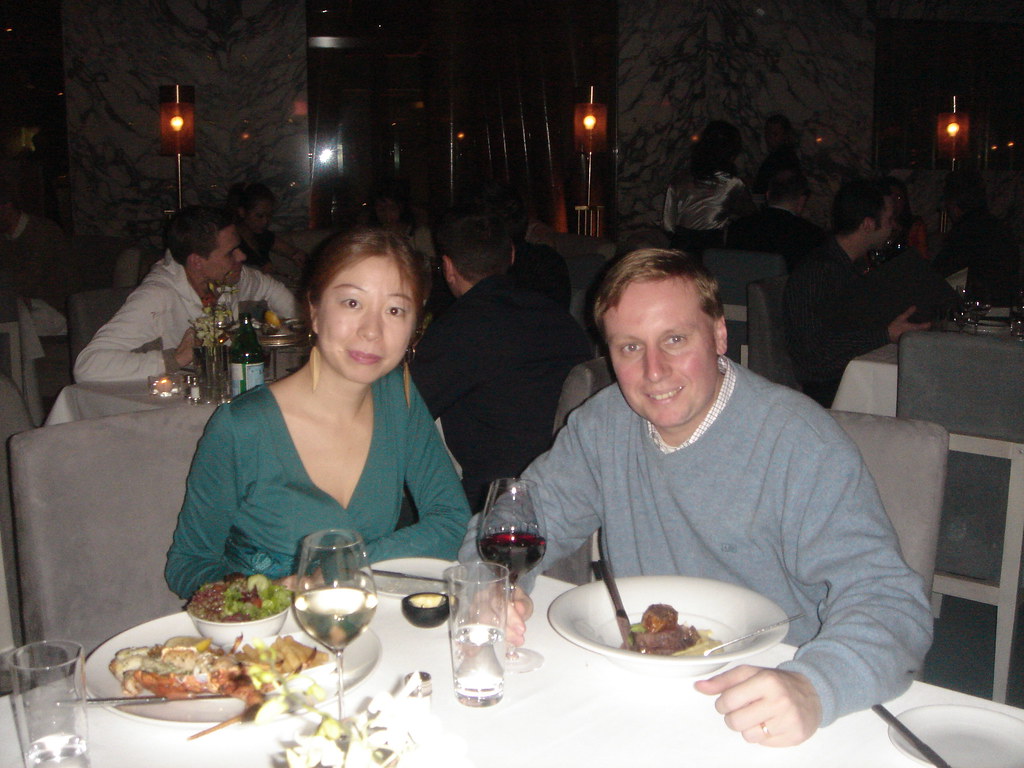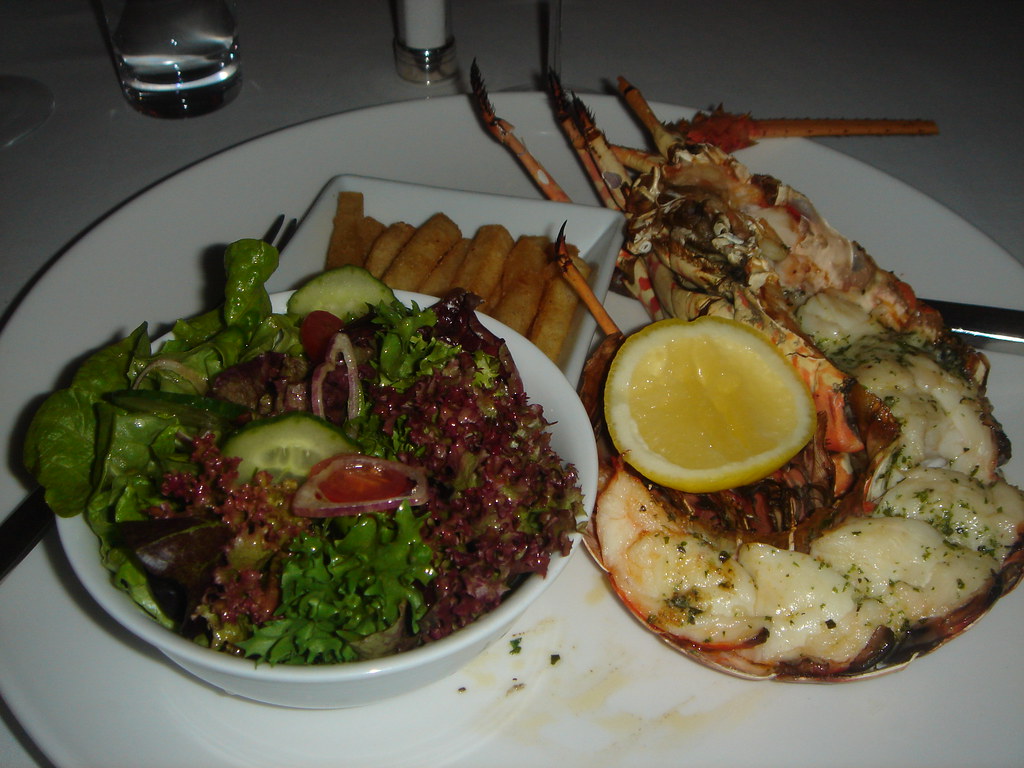On Wednesday a new law came into effect in Shanghai, allowing only cars that comply to EURO-1 emission standards to drive on the elevated highways. Many cars that are 5 years or older might not fulfill these standards. Cars that fulfill the requirement get a sticker that they should stick on the windshield, which enables them to enter the highway. So what do you do if your car does not meet the standard?
Chinese see money in everything, so the moment this measure was announced businessmen started to produce fake stickers. The Shanghai Daily did some investigative reporting (that’s already news in itself) and contacted a seller of these stickers. The product cost RMB 380, quite pricey, because as the seller said: “We spent a lot of money making the printing plate for the fake stickers”. The paper finds that the copy is excellent, but that it won’t be able to pass a laser pen examination.
However, the chances of being caught are small: because the government failed to tell people to put the sticker in a designated place on the windshield, the police has already difficulties enough just to determine whether a car has a sticker or not. Of all the people they stopped on the first day because they did not have a sticker, half actually turned out to have the sticker on the windshield but not in a clearly visible place!





